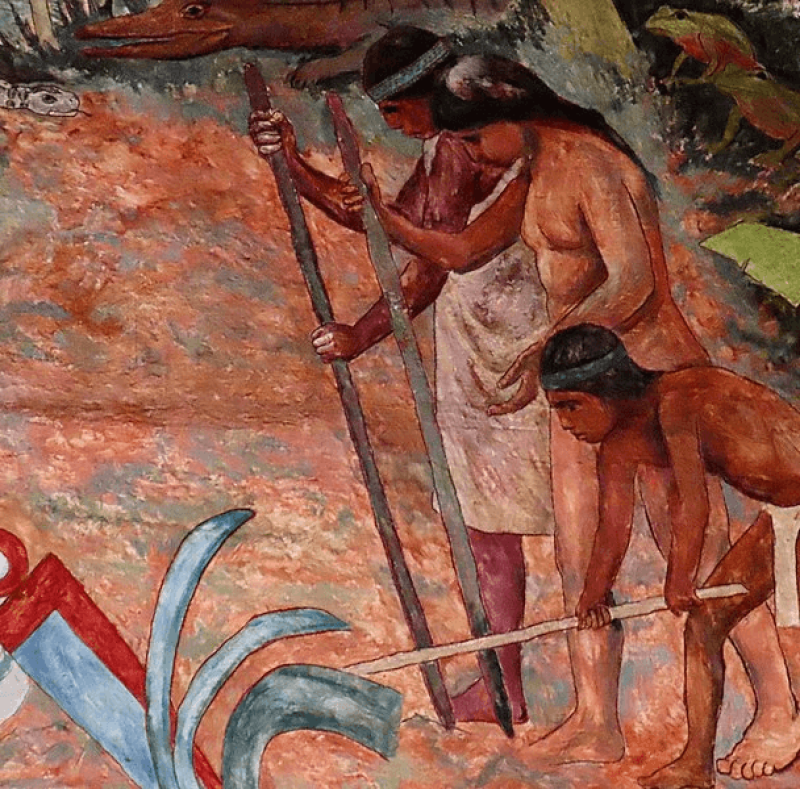Crop production evolved independently in several regions of the world. However, historians believe the first instance of agriculture took place along the Tigris and Euphrates Rivers in modern-day Iraq, Syria, Lebanon, Palestine, Jordan and Israel. This region, dubbed the Fertile Crescent, is the birthplace of farming figs, cereals, legumes, peas, lentils and chickpeas. The Mesopotamians living in the Fertile Crescent also domesticated many animals.
As widespread in developed countries as they are controversial, genetically modified organisms (GMOs) harness the power of biotechnology to beat nature at its own game. Scientists can modify a plant’s genes so it grows faster or larger than its domestic counterparts. They can even insert genes from one organism into another, creating a transgenic crop.
For example, biologists can transfer an insecticidal toxin gene from a bacterium into a plant so the plant is resistant to pests. Or, they may take a gene from an Arctic plant and insert it into a domestic crop so it can grow in colder climates.
…
However, modern farmers should also look to traditional agricultural practices that emphasise biodiversity, land management and human health to develop more sustainable crop production methods. The science of agriculture has carried us a long way, but sometimes it’s important to go back to our roots.































